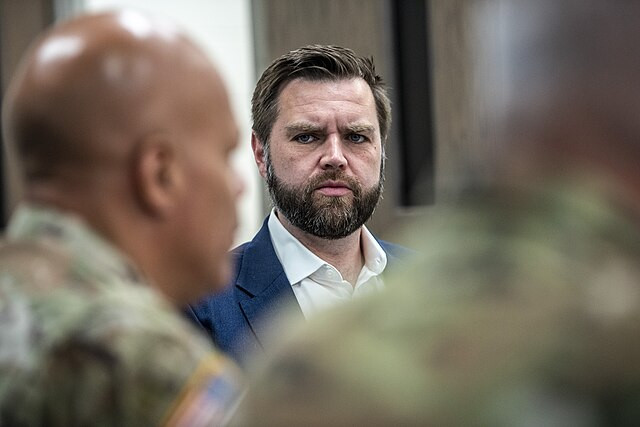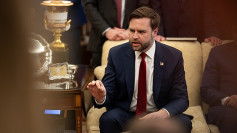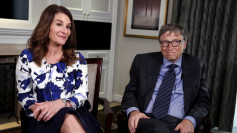During the vice presidential debate, Ohio Senator JD Vance repeatedly sidestepped a direct question about whether former President Donald Trump lost the 2020 election, sparking one of the most notable and tense exchanges of the night. Vance, who is running alongside Trump, refused to affirm that Trump had lost the election, even when pressed by Minnesota Governor Tim Walz, the running mate of Vice President Kamala Harris.
This interaction highlighted ongoing tensions over Trump's refusal to concede defeat and the broader issue of election denialism, which continues to play a central role in the 2024 campaign.
The debate, held at CBS News studios in New York City, brought the subject of democracy and electoral integrity to the forefront. Moderator Norah O'Donnell, referring to the absence of evidence of widespread fraud in the 2020 election, questioned Vance about his earlier comments that he would not have certified the election results had he been in office at the time. She asked him whether he would challenge the outcome of the 2024 election if all state leaders certified the results. Vance avoided the question, instead criticizing Harris, saying she posed a "real threat to democracy" by allegedly engaging in censorship.
Walz expressed frustration with Vance's refusal to acknowledge the 2020 results, arguing that election denialism was eroding trust in the democratic process. "This has to stop. It's tearing our country apart," Walz said, before emphasizing that all parties should agree to respect the outcome of elections, regardless of their candidate's success. In contrast, Vance suggested that discussions over 2020 election irregularities should be debated "peacefully in the public square."
Vance's reluctance to admit that Trump lost the 2020 election mirrors similar remarks made by the former president himself. Trump, who continues to deny the legitimacy of President Joe Biden's victory, has frequently referred to the election as "rigged" and has faced federal and state charges for his attempts to overturn the results. Despite this, Vance downplayed the significance of the January 6 insurrection, describing it as a protest where Trump supporters "ought to protest peacefully," a claim that Walz challenged as minimizing the violence and damage caused on that day.
The January 6 Capitol riot resulted in hundreds of injuries, significant property damage, and more than 1,000 people being charged. Trump's speech at the Ellipse in Washington, D.C., on the morning of January 6, where he told his supporters to "fight like hell," was seen by many as inciting the violence that followed. Walz emphasized that the attack on the Capitol, unlike previous election disputes, was not a political disagreement but an attempt to undermine the democratic process. "January 6 was not Facebook ads," Walz said, pushing back against Vance's attempt to draw parallels between Trump's election challenge and Hillary Clinton's comments after her 2016 loss to Trump.
As the debate drew to a close, Walz directly asked Vance whether Trump had lost the 2020 election. Once again, Vance avoided a direct answer, saying, "Tim, I'm focused on the future." Walz quickly retorted, calling Vance's response "a damning non-answer." The exchange underscored the deep divisions within American politics over the legitimacy of the 2020 election and the long-term implications for trust in democratic institutions.
In the days following the debate, the Harris campaign released an ad highlighting Vance's non-answer, using it to emphasize the broader choice voters face between upholding democratic values or supporting Trump's continued election denial. The 30-second ad, part of Harris' extensive media campaign, features images from January 6, with Walz's debate line-"who's going to honor democracy and who's going to honor Donald Trump"-positioned as a key takeaway for voters.
The debate, while relatively civil on policy issues such as immigration, abortion, and the economy, became heated when addressing the topic of election integrity. For many voters, the question of whether candidates are willing to accept election results remains a crucial issue, and Vance's refusal to provide a clear answer may further inflame the national debate.






